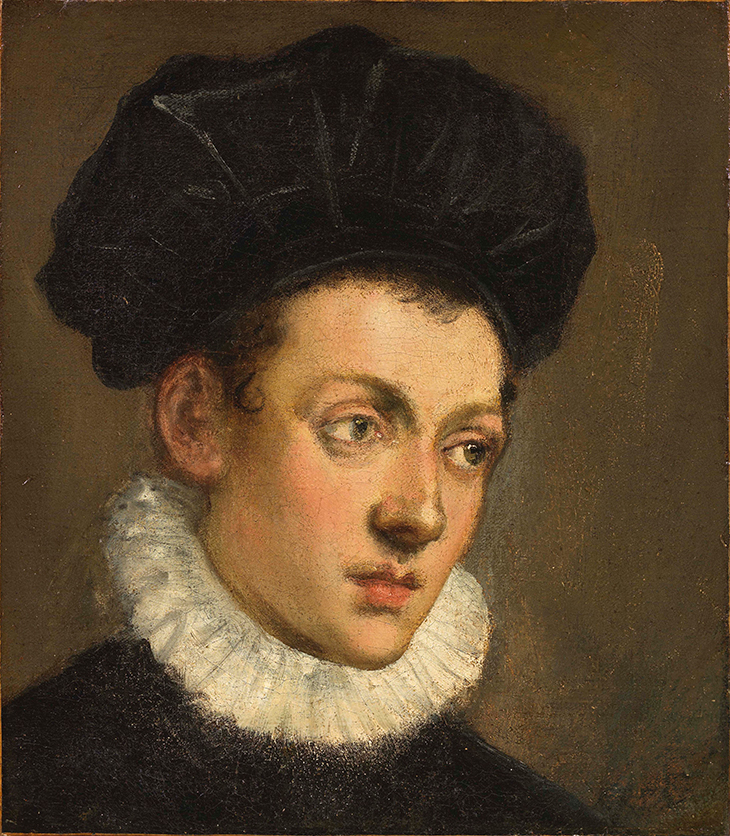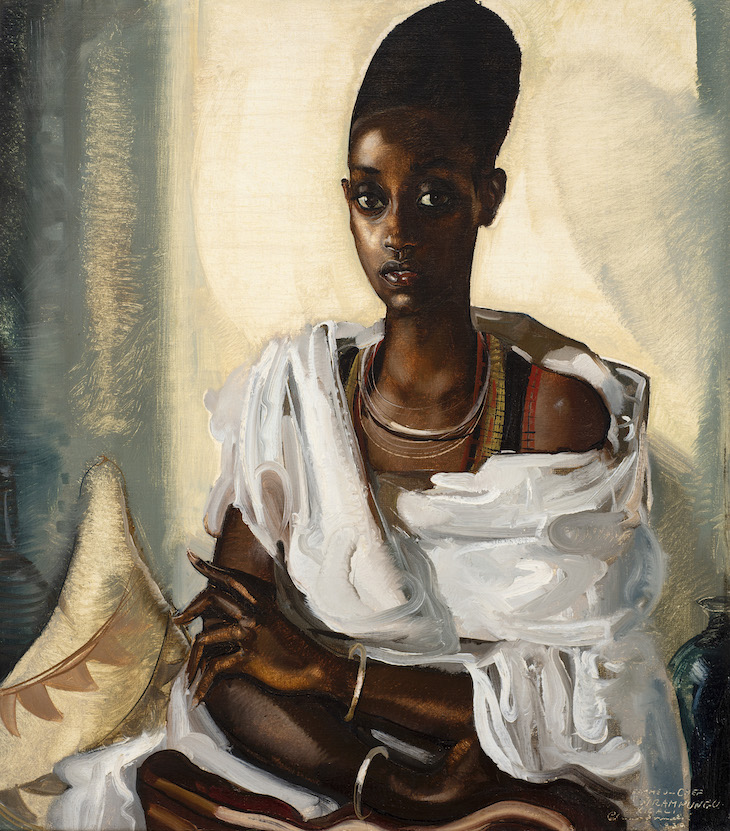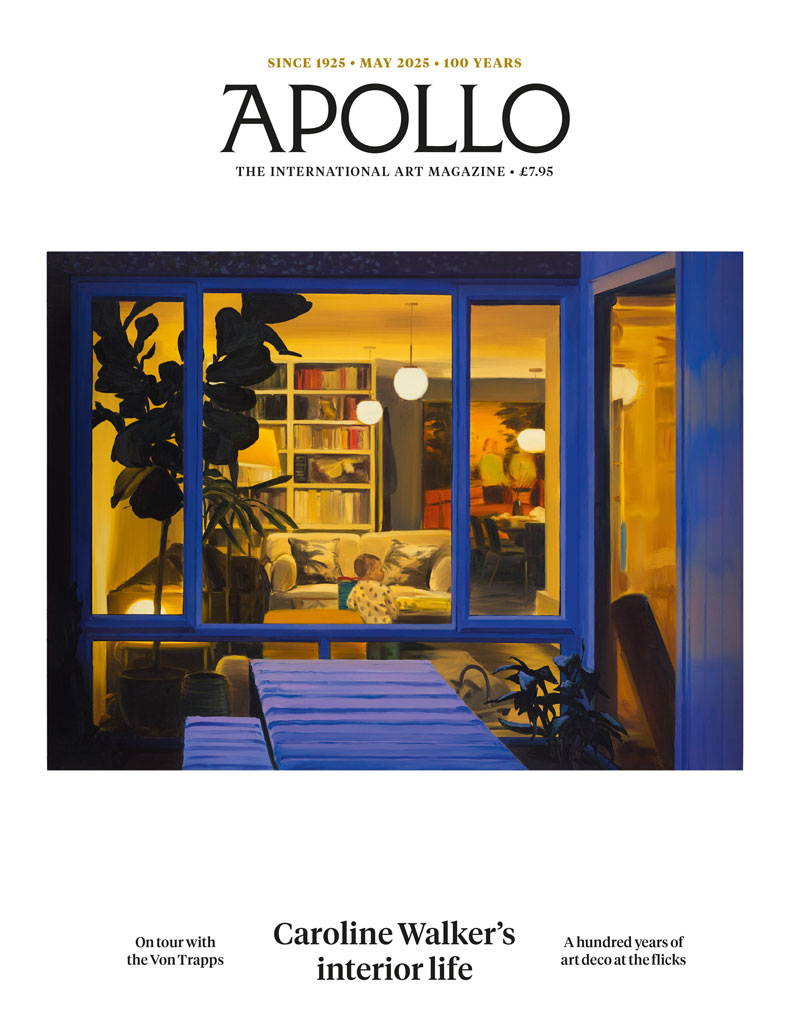From the June 2021 issue of Apollo. Preview and subscribe here.
‘You have such a concentration of knowledge here,’ says Stephen Ongpin, chairman of London Art Week. ‘Of – to use a slightly uncool word – connoisseurship.’ As the capital emerges from long hibernation, its most prestigious dealer-led arts event seems the perfect livener. The galleries dotted around Mayfair and St James’s are a more intimate, less daunting prospect than the crowded booths of your usual art fairs – but between them, some 40 exhibitors this year will present the fruits of their scholarship, covering every base from Kunstkammer curiosities to modern masterpieces. ‘It’s just great to have a chance to show off what London really offers,’ Ongpin says.
International in outlook, the event will include a digital platform to accommodate collectors unable to travel. It has teamed up with Arturo Galansino, director of the Palazzo Strozzi in Florence; as guest curator of a themed online exhibition, Galansino has invited each exhibitor to submit works on the theme of ‘Revolution and Renewal’, resulting in an oblique historical meditation on the tumult of the last year. Galansino underscores that the relationship between museums and events such as LAW is ‘a source of research and discovery for institutions’.

Portrait of a Young Man (c. 1560), Jacopo Tintoretti. Benappi Fine Art at London Art Week
Still, it’s the prospect of seeing – and exhibiting – artwork in the flesh that will surely prove most enticing for collectors, casual visitors and dealers alike. Ongpin’s own display is something of a greatest hits compilation, spanning from the 16th century to pieces by 20th-century artists Sam Szafran and Avigdor Arikha. As ever, discoveries abound – Benappi unveils a lost portrait by Tintoretto, dating to around 1560 and revealing the artist moving beyond the influence of Titian to a simpler, more idiosyncratic style. Munich-based stalwart Georg Laue, meanwhile, has unearthed a bronze medallion by Georg Schweigger, part of a famous set of 1638 made to commemorate 16th-century luminaries, among them Erasmus, Martin Luther and John Calvin; the discovery depicts the pastor Ulrich Zwingli, a leader of the Reformation in Switzerland.

A reliquary chasse with Christ in Majesty (c. 1200), France. Sam Fogg at London Art Week
There are, as ever, a number of intriguing themed shows. Sam Fogg focuses on devotional objects of the medieval altar, such as reliquaries, chasses, chalices and incense burners. Tomasso is teaming up with Galerie Chenel – a first-time exhibitor from Paris – to present ‘Baroque: Ancient to Early Modern’, a lively comparison of classical statuary with works of the 17th–18th centuries. Another new exhibitor, Elliott Fine Art, offers a globe-trotting display of portraits from 1800–1950; most intriguing here is the portrait of 1939 by the Belgian artist Clément Serneels of the wife of Chief Rwampungu, the most powerful Tutsi noblewoman in Kigali province, Rwanda. The painting is a fine exercise in texture, the vivid modelling of the sitter’s features offset by the brushy outlining of her shawl. But it’s also one of what Elliott calls ‘only a small handful of portraits of Central African sitters over the first half of the 20th century’ for which ‘we know anything about the biography of those depicted’. Giving young dealers like Elliott a platform on which they can show off such rare finds is, Ongpin tells me, what sets LAW apart. What a pleasure that they’re now able to do so in person.

Portrait of Chief Rwampungu’s Wife (1939), Clément Serneels. Elliott Fine Art at London Art Week
London Art Week is at various venues in Mayfair and St James’s from 2–16 July.
From the June 2021 issue of Apollo. Preview and subscribe here.














![Masterpiece [Re]discovery 2022. Photo: Ben Fisher Photography, courtesy of Masterpiece London](http://zephr.apollo-magazine.com/wp-content/uploads/2022/07/MPL2022_4263.jpg)
Suzanne Valadon’s shifting gaze